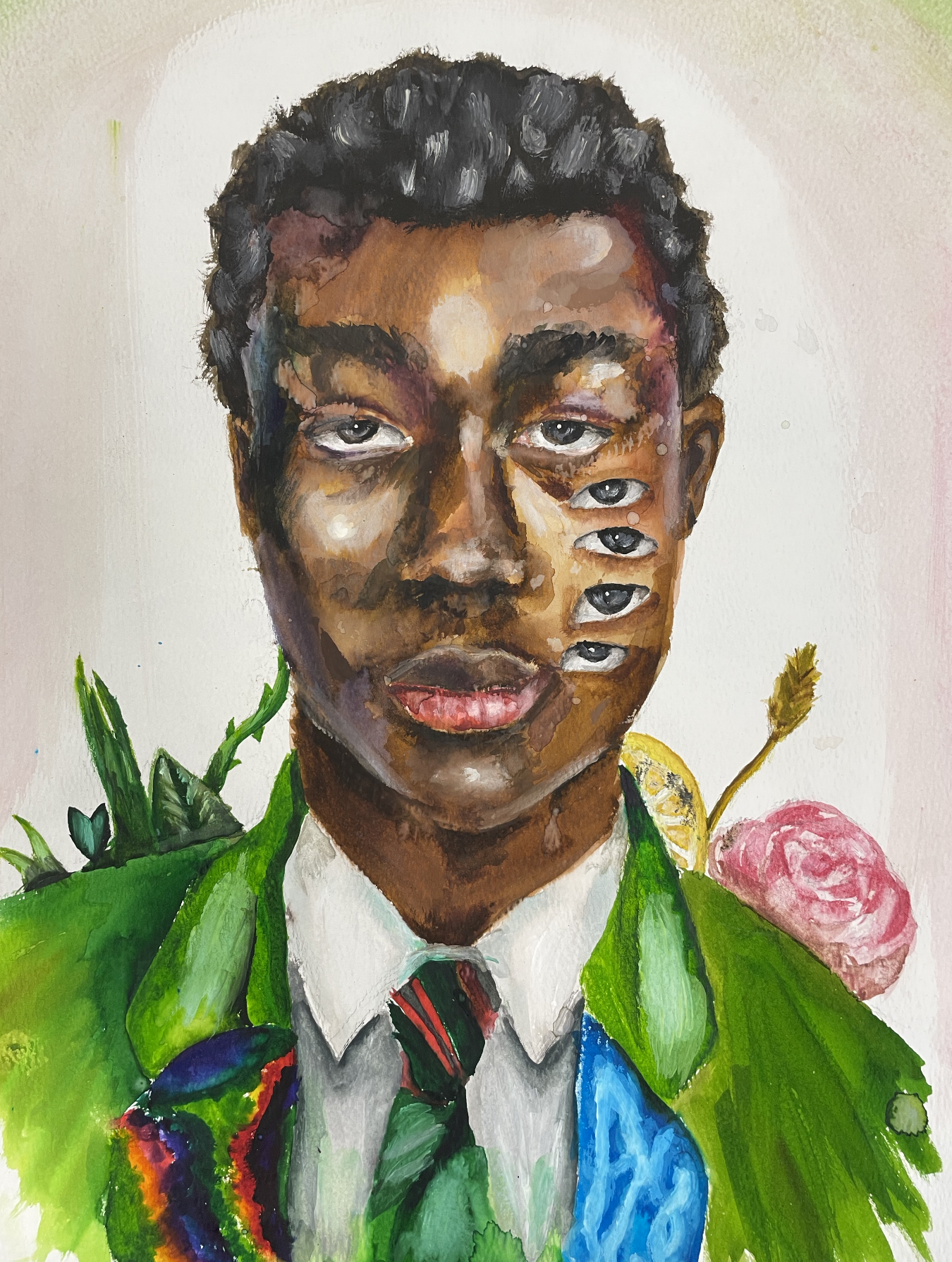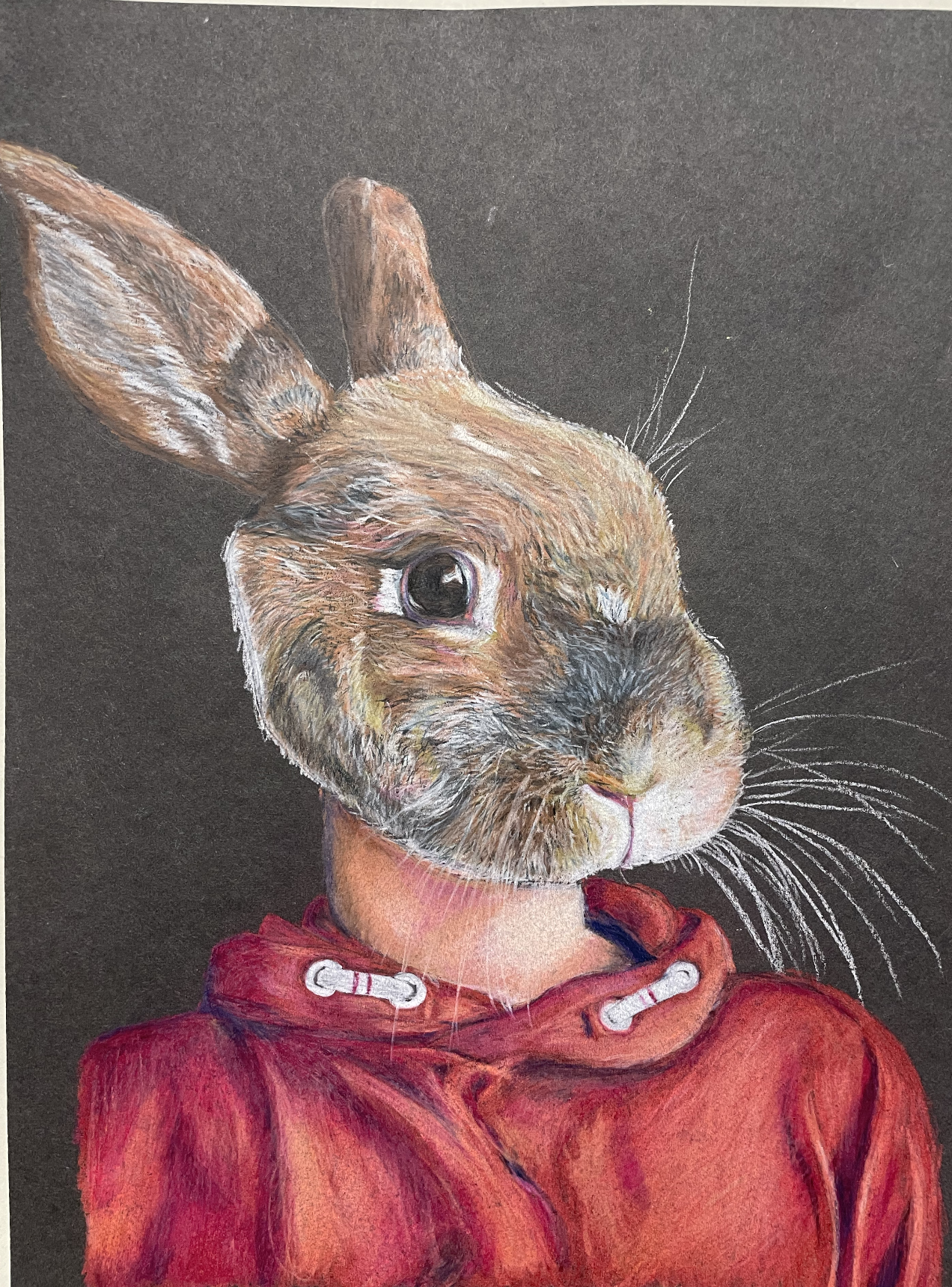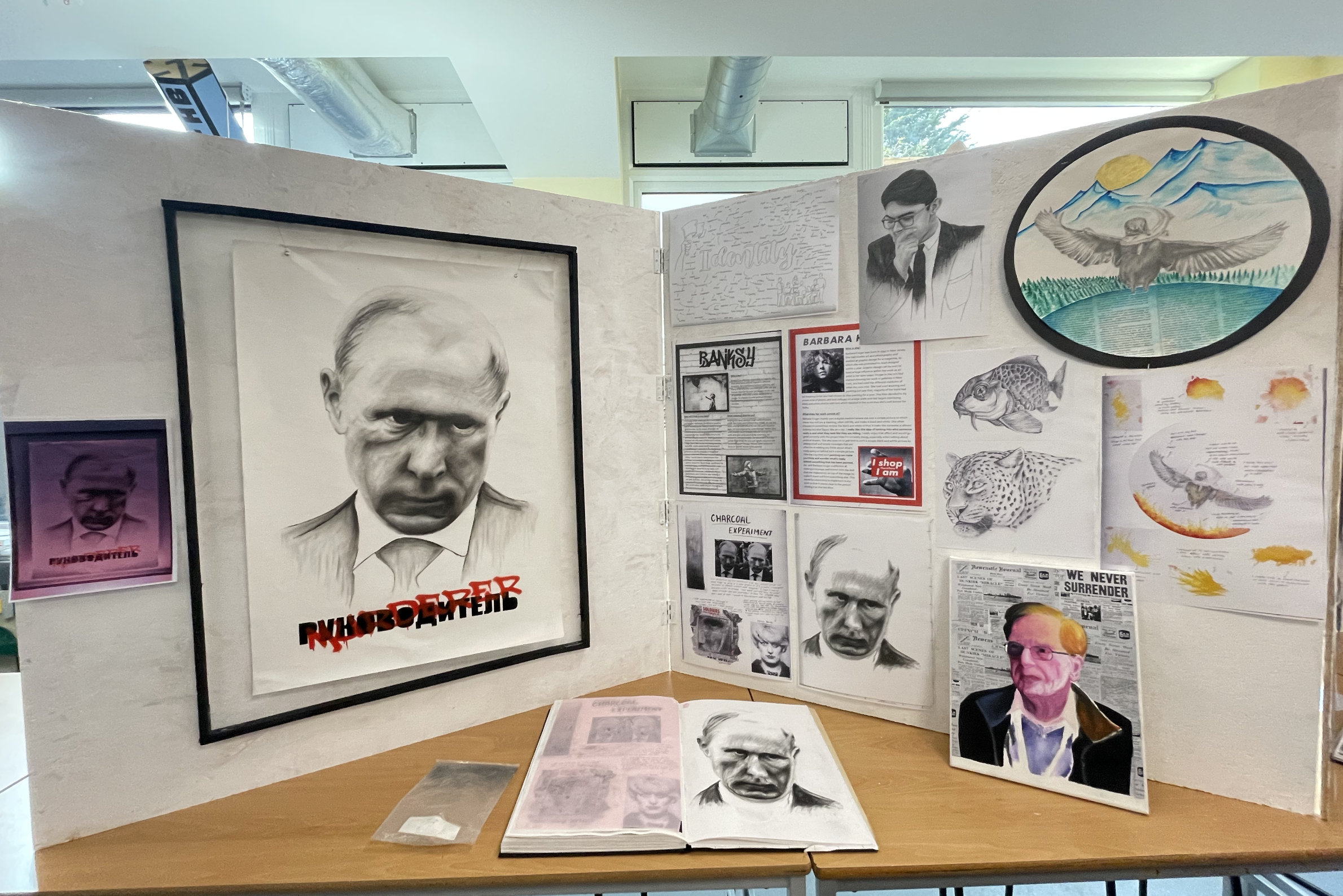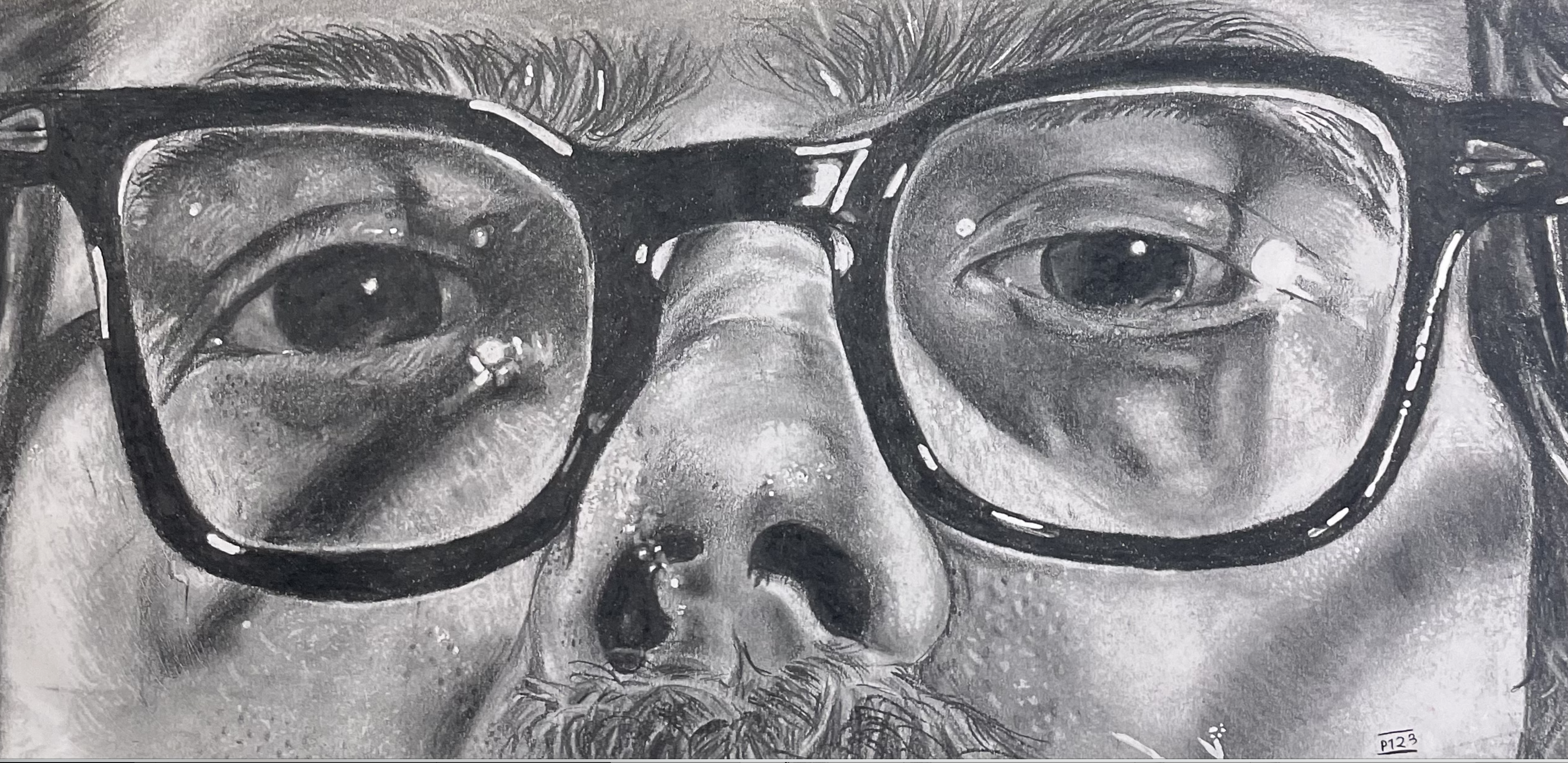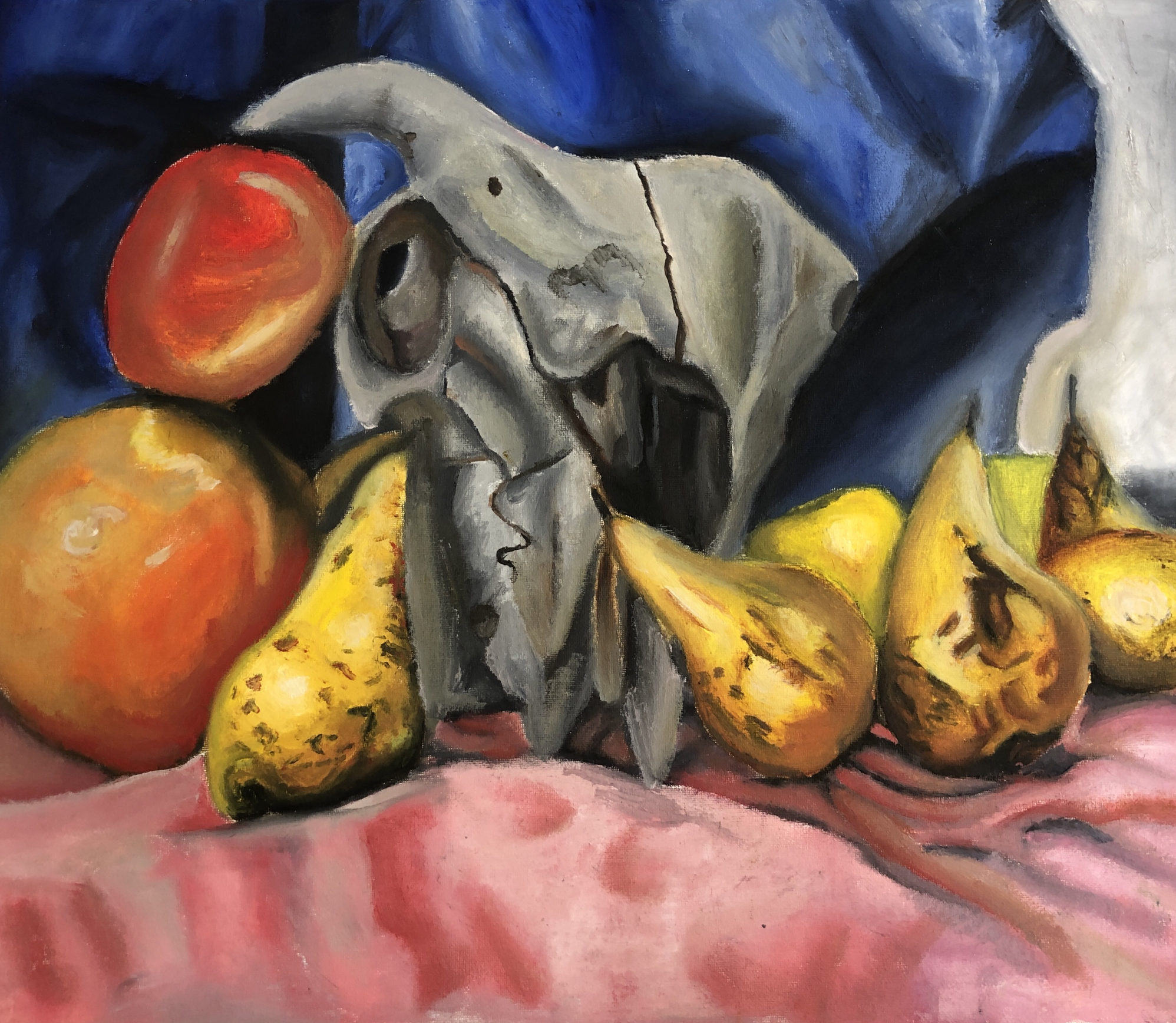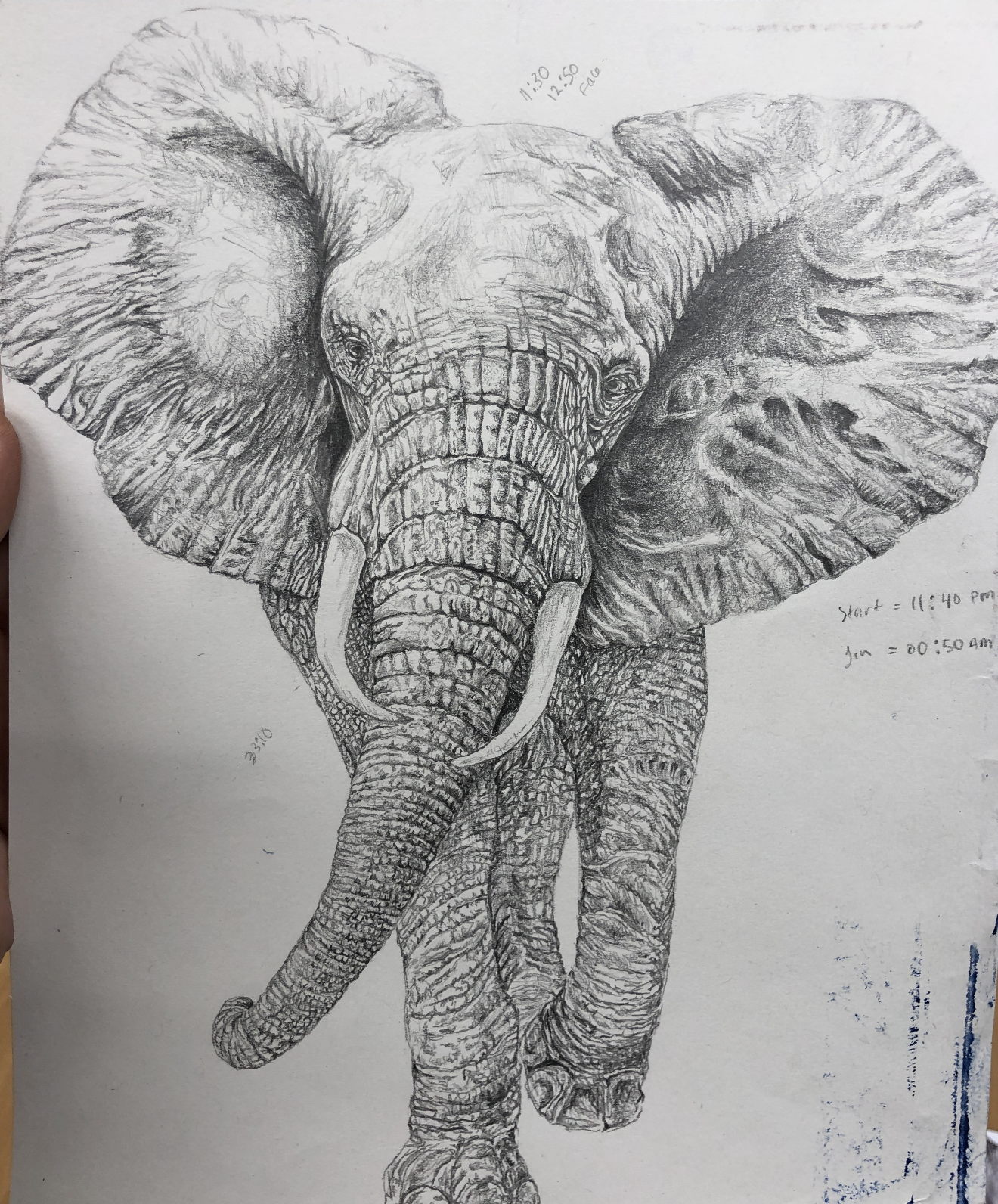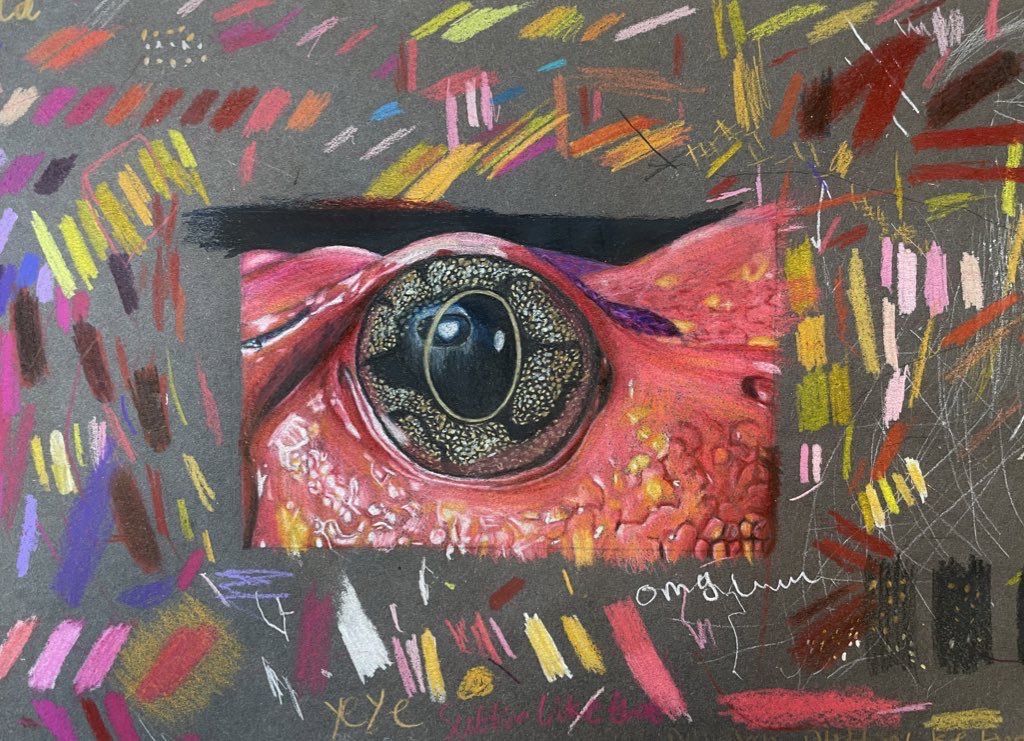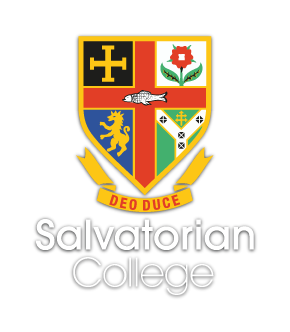Drama
Drama
“All the world’s a stage and all the men and women merely players.” – William Shakespeare
Drama is an ‘essential’ subject, as it encourages students to think and act creatively, thus developing leadership, teamwork and problem-solving skills that can be applied in all areas of learning and subsequently be transferred effectively into the workplace. For example, with the strong presentation and communication skills students learnt in Drama they will be able to perform to a high standard a job interviews in what is a highly competitive UK jobs market. Taking this subject may give you the edge you need!
At Salvatorian, we aim to explode the myth that drama is just for those who want to act on stage and screen. Through our curriculum, we develop our students’ confidence through team building during rehearsals, encouragement of performance, or providing verbal feedback to their peers. Students are expected to take responsibility when working together to take on board feedback as well as provide constructive criticism to their peers which ensures practical progress. We encourage students to develop their communication skills when working together and providing feedback to each other, using subject-specific vocabulary taught within lessons.
Drama gives students the opportunity to create, perform and respond to different styles of theatre whilst expressing themselves and articulating their viewpoint on particular topics or issues within society. The intention here is to inspire our students to experiment and apply creativity which will increase their confidence so they become well-rounded and caring individuals, enabling them with these skills to lead successful careers.
The drama curriculum enables students to secure a vast wealth of knowledge, working backwards from GCSE criteria. Students will be introduced to a variety of drama practitioners and theatre styles from the early stages of KS3, as well as improvising, devising and scripting their own drama.
We are passionate to provide our students with a deeper understanding of the political landscape, cultural history and traditions, addressing misconceptions and challenging stereotypical views through the exploration of drama. We embed real life stories and socio-political issues within students learning, allowing students to build connections between drama and other subjects e.g. English and History.
Finally, Drama is intellectually stimulating, enjoyable and widens your cultural horizons. You get to time travel, take on a variety of challenging roles, explore the different strata of society and obtain an in-depth knowledge of the greatest playwrights and finest plays throughout history. And you get to perform them too! Taking part in productions of plays and musicals, which showcase the entire college, is regularly quoted by pupils as the highlight of their entire time in secondary education. If you take this subject for GCSE, your experiences and friendships will stay with you forever and provide you with life lessons that are priceless!
Our Staff
Mrs G Caseley – Head of Department
Mr A Bryant – Teacher of Drama
Key Stage Three
•Throughout years 7-9 students study Drama weekly in a one-hour lesson.
•Students learn about the history of and different styles of theatre. (Greek theatre, Melodrama, Elizabethan/Jacobean, Shakespeare, Commedia Dell’arte)
•They develop performance skills such as vocal and physical skills which they build into the exploration of play texts and scripts.
•They develop different productions roles, such as directing, lighting designer, costume designer etc and explore different theatre practitioners.
Key Stage Four
Edexcel – Drama GCSE
•Component 1 – Devising (internally assessed, externally moderated 40%)
•Component 2 – Performance from text (externally assessed by visiting examiner, 20% of the qualification)
•Component 3 – Theatre makers in Practice (written exam, 40%)
Key Stage Five
Edexcel Drama & Theatre Studies A Level
Links to Future Pathways
• The transferrable skills you learn from Drama are: communication, confidence, teamwork and leadership, listening and responding, creativity, critical thinking and problem-solving, time management and research.
• The skills you gain from doing Drama can lead to careers such as: performing arts, business, law, media, advertising, sales, hospitality and tourism.
Student Work
